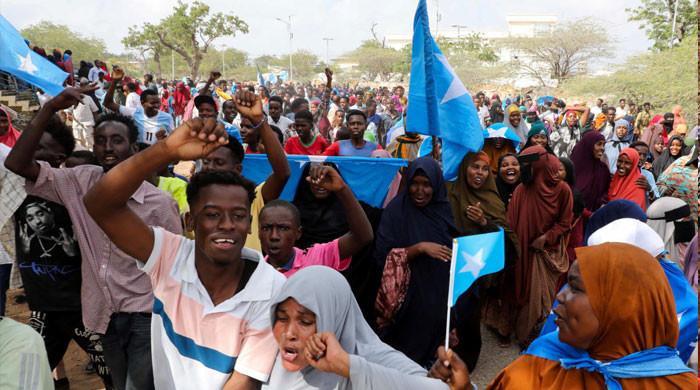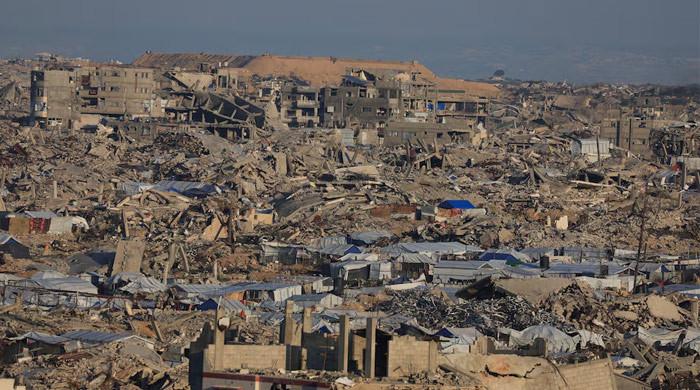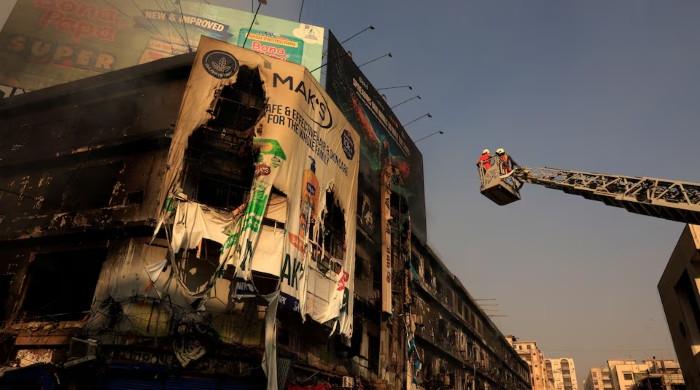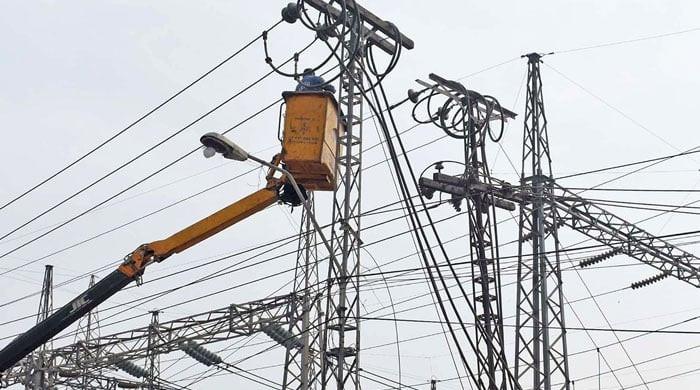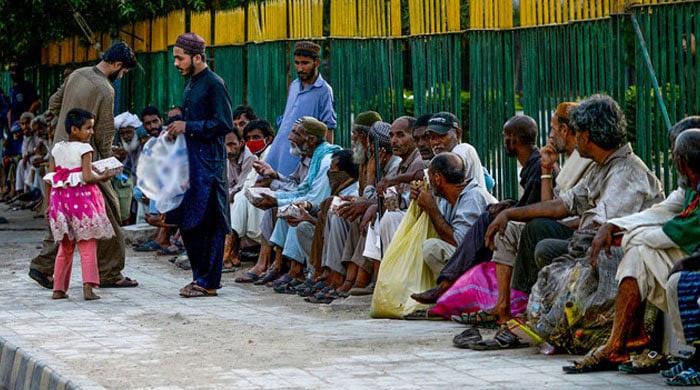Religious holidays: Between agony and ecstasy
Ordinary people, like me, need to be encouraged by our religious holidays to appeal to our better angels and ease the suffering of others
May 23, 2023
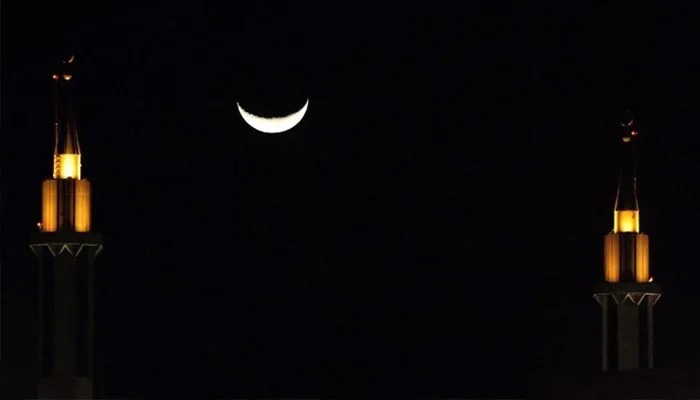
Some years ago, I was living in a Punjabi village during Ashura. Naturally, I asked local people what this time meant for Muslims. They explained the sadness of the history of Karbala. Like all Muslims, they recognise it as an important day in Islam and a sad day.
During the Eid-ul-Adha, I witnessed the sacrificing of several goats and a few cows in the village and again, while the endpoint was a celebration, there was a fair bit of sadness built into the events.
Ramadan, similarly, may be ended by a happy Eid-ul-Fitr, but throughout the month, Muslims are asked to reflect on the plight of others. I asked my old and patient friend, Malik Asif, why so many Muslim holidays seemed to be about reminding people of suffering and sacrifice. He thought about it seriously and then gave me a slightly joking answer.
“You see,” he said very seriously, “We Muslims are happy all year around, so we need to be reminded about suffering. But you Europeans, you people are always so miserable and sad, you need your holidays to be happy.”
The twinkle in his eye betrayed his teasing. He has always liked to tease me, and he’s got pretty good at it over the years. But in that half-joking answer, he touched on something profound. What is the function of religious holidays?
Easter is arguably the most important celebration in the Christian religious calendar. It’s not exactly a happy week, but on Sunday morning, when the children wake up, wear new clothes, eat chocolate and hunt for Easter eggs, an outside observer could be forgiven for thinking it was just Christmas without so many presents.
As we stumble through life, we may find ourselves shutting down some emotional responses to the world around us. Children begging at busy road junctions is not, in my view, an easy sight. It is, in fact, one of the most difficult parts of living in a Pakistani city for me. I can only bear it by not dwelling on the reality of those children’s lives for very long.
But I never want to reach a point where the hardship endured by those children doesn’t affect me at all. That’s why, despite Malik Asif’s jokey response to my query, I think he’s actually correct.
I am fundamentally a happy person, and if left to my own psychological survival mechanisms, I would mute all the unhappiness around me. I benefit enormously from periodic moments when I am challenged to think consciously and explicitly about the suffering of others.
Malik Asif and his cousins all modelled this for me during Ramadan. Whenever we went into the nearby cities, during that month, they never failed to give money to beggars.
I was amazed at their generosity and, as always, asked why they did what they did. They didn’t have a complex argument. It was Ramadan and Allah wants us to spend that month being more aware of the suffering of others.
Not being a Muslim, obviously, not all the “rules” of Islam necessarily apply to me, but I have come around to the idea that this one should.
We should all set aside regular times throughout the year when we force ourselves to take seriously the disadvantages of those around us. Perhaps we should even go further and take the sorts of actions that may be onerous or difficult.
A few people manage to maintain this level of awareness and positive action all year round, but that really is a challenge, so ordinary people, like me, need to be prompted and even prodded a little by our religious holidays to appeal to our better angels and ease the suffering of others.
The author is the inaugural dean of Aga Khan University’s new Faculty of Arts and Sciences (FAS). He is a cultural anthropologist with an interest in social organisation, cultural systems, conflict and development in rural and urban Pakistan.




